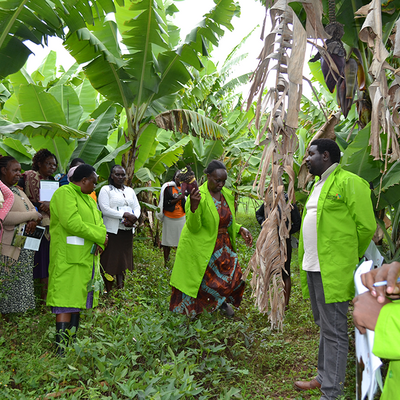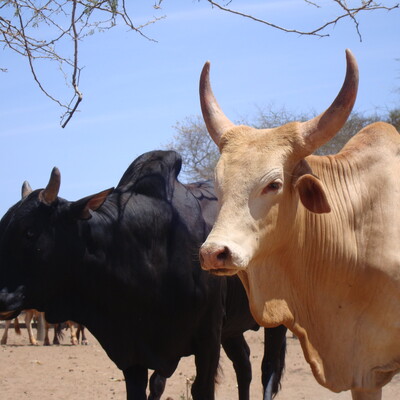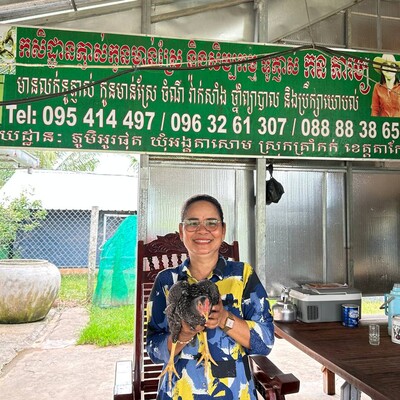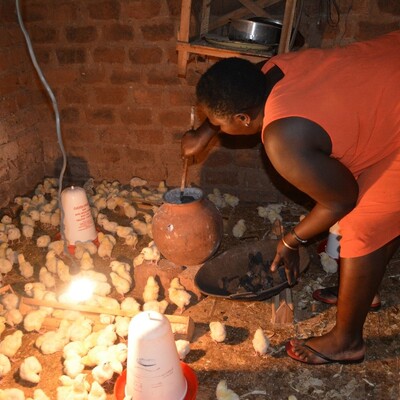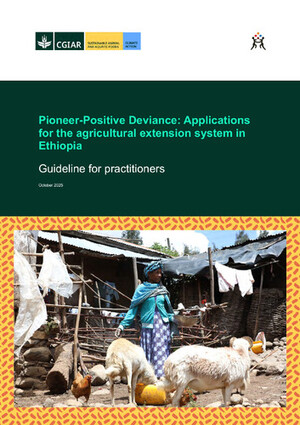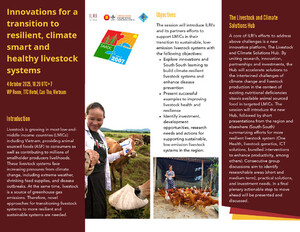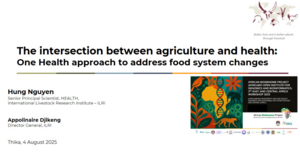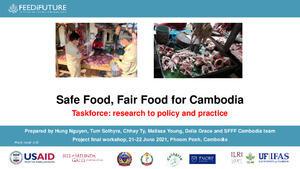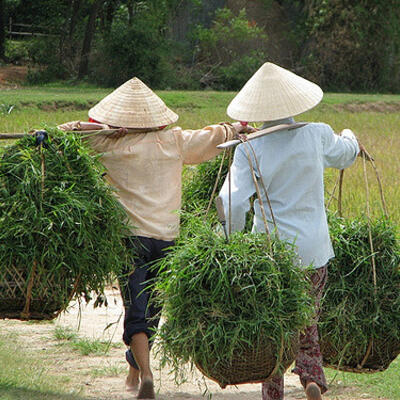
United States and Mali launch five-year partnership for food security and livelihood resilience
Written by Assoumane Maiga
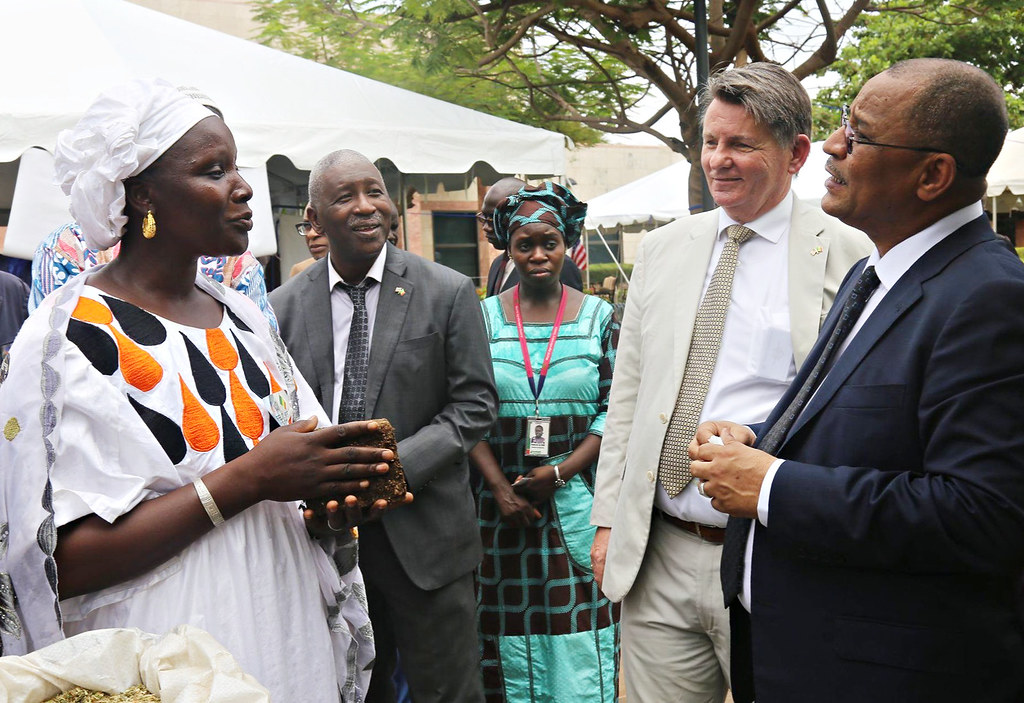
Beneficiary Aoussata Coulibaly (left) talks with the Malian minister of agriculture, Moulaye Ahmed Boubacar (right), and the US ambassador to Mali, Dennis Hankins, about the several ways that women have benefitted from the Feed the Future Mali Livestock Technology Scaling Program (photo credit: ILRI/Kassim Traore).
The United States and Mali have announced a five-year partnership that will promote food security and livelihood resilience in the West African country.
The partnership between the two governments was launched by the US ambassador to Mali, Dennis Hankins, and the Malian minister of agriculture, Moulaye Ahmed Boubacar, at the US embassy in Bamako on 27 Jun 2019. Major achievements of the first five-year ‘Feed the Future’ initiatives , which are supported by the United States Agency for International Development (USAID), were highlighted at the launch. These successes set the scene for the new strategy that will enhance resilience and agricultural growth, and improve nutrition for millions of Malians, especially in the regions of Bougouni, Koutiala, Mopti, Sikasso and Timbuktu.
The five-year strategy is a renewal of USAID’s commitment to Mali’s food security and economic growth. This strategy builds on the current US Government’s Feed the Future initiatives and supports Mali’s National Agricultural Investment Plan, Multisectoral Nutrition Action Plan and National Resilience Priorities.
Mali is one of 12 partner countries selected for this new phase of Feed the Future initiatives in Africa. In his remarks, Ambassador Hankins emphasized the importance of investing in the agricultural sector to provide employment opportunities to young Malians.
‘This new five-year strategy will invest in Mali’s agriculture to feed the future and increase economic and employment opportunities for young people to lead Mali towards a more prosperous destiny. The plan supports innovative activities to increase the agricultural productivity of maize, rice, sorghum, millet and livestock, and to help families with new techniques for growing vegetables and agroforestry, which will improve diversity and food subsistence.’
During the event, participants visited stands at an agricultural fair within the premises of the US embassy. This exhibition of various farm products was an opportunity for different USAID Feed the Future programs, including the International Livestock Research Institute (ILRI)-led Feed the Future Mali Livestock Technology Scaling Program (FTF MLTSP), to present their results from the field. On this occasion, the program/ILRI with its strategic partner Laboratoire Central Vétérinaire presented a newly developed ‘thermotolerant’ vaccine (one that does not require a ‘cold chain’, or a temperature-controlled supply chain) that protects sheep and goats against the widespread disease known as peste des petits ruminants (PPR).
Aoussata Coulibaly, a beneficiary of the technology scaling program, displayed new technologies scaled up by the project. These include improved fodder crops (‘dual-purpose’ sweet sorghum and cowpea varieties that nourish livestock as well as humans); nourishing forage crops such as Brachiaria that can significantly increase milk yields and capture carbon in soils; and a livestock feed grinder, which improves the digestibility of the feed. She also powerfully articulated the impacts of this livestock technology scaling program in Mali, citing in particular the several ways that women benefitted from this Feed the Future program.
Ambassador Hankins will soon visit one of the FTF MLTSP/ILRI sites to see for himself the program’s achievements and to learn more from the livestock producers who have benefitted from it.
Read more about the Feed the Future Mali Livestock Technology Scaling Program.
Assoumane Maiga is a communication officer working with ILRI in Mali.






